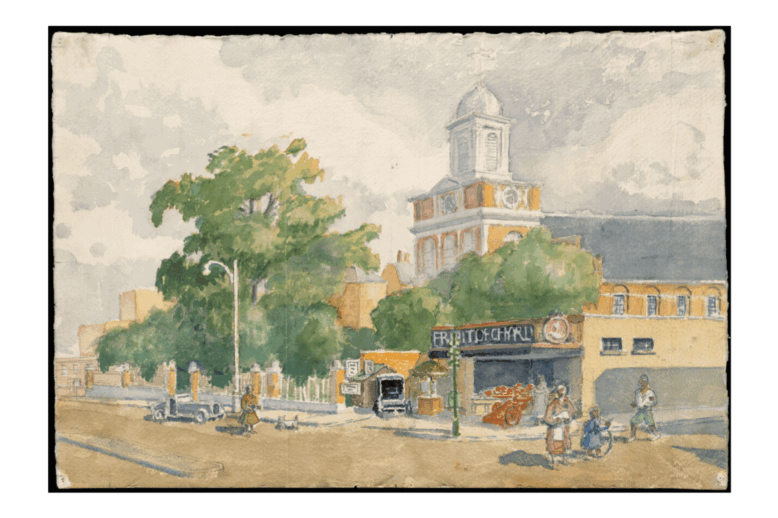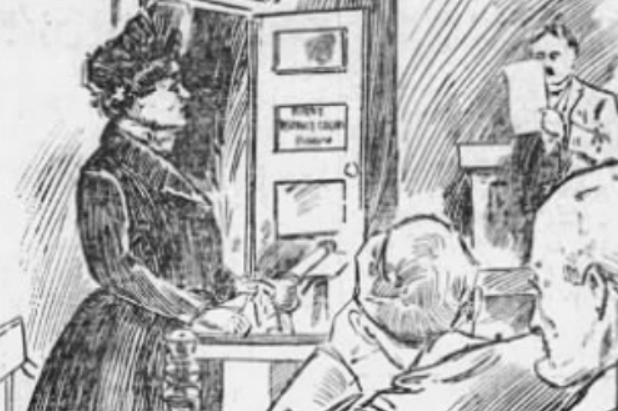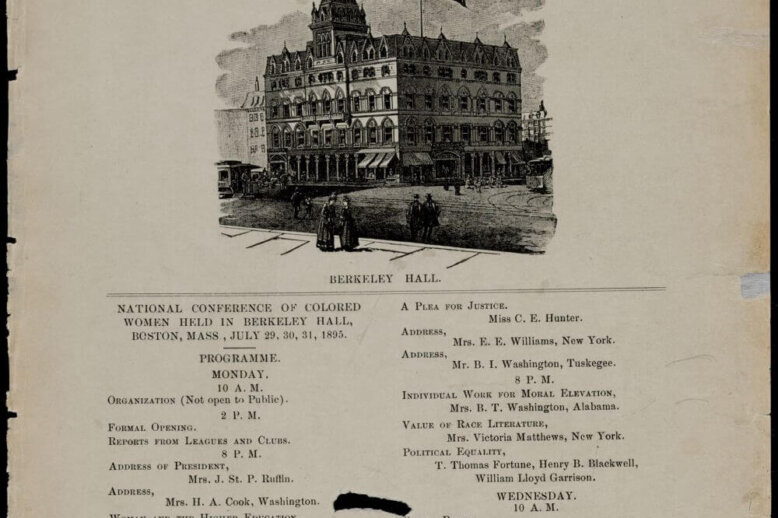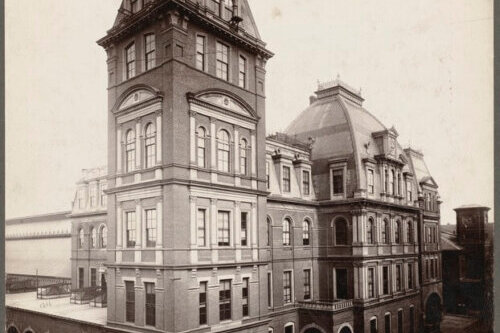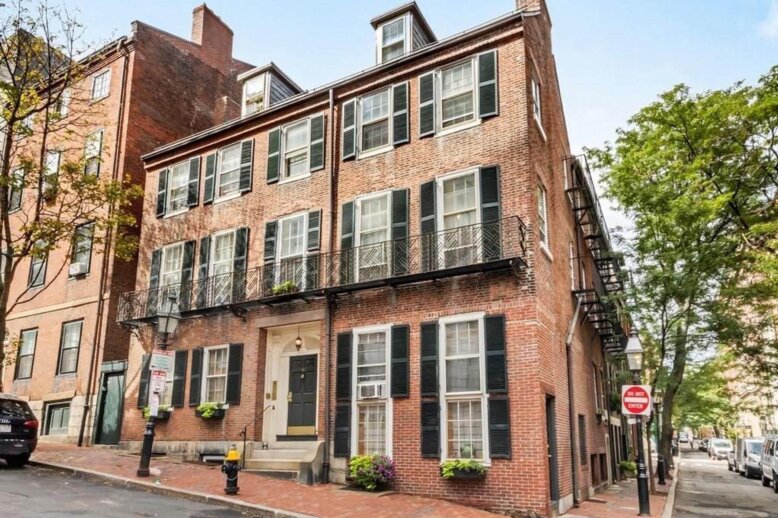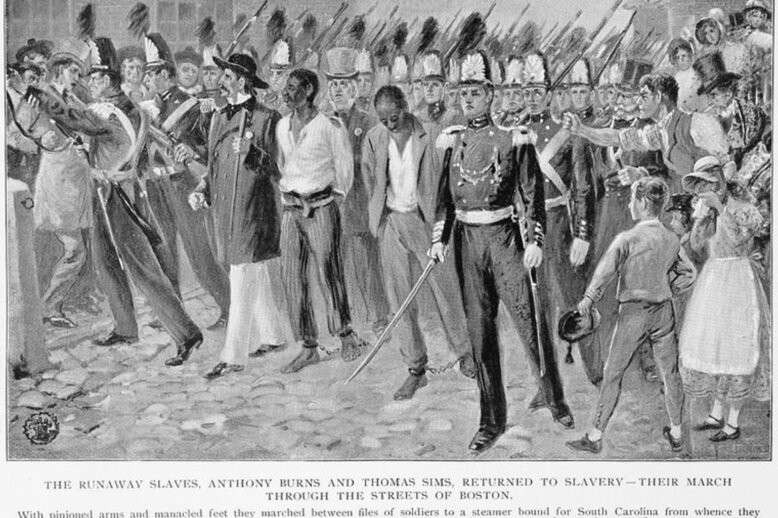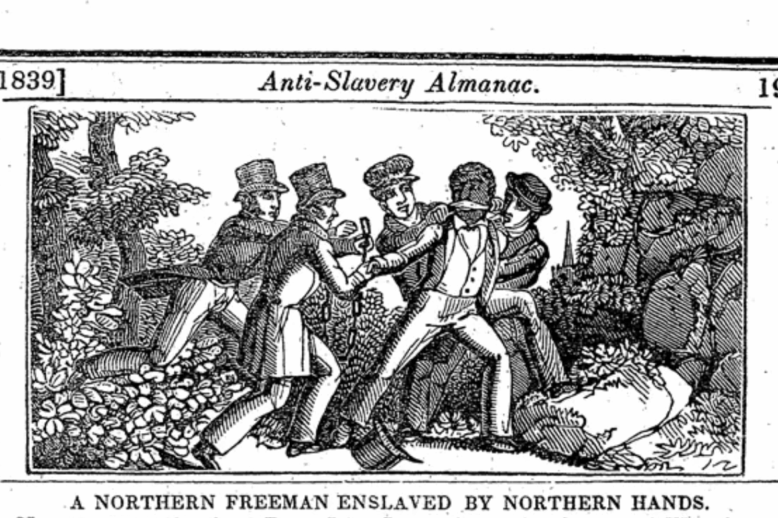History
Organizational category for all historical articles
The West End Branch of the Boston Public Library Library service in the West End neighborhood began in 1896 in the Old West Church on the corner of Cambridge and Lynde Streets. The branch remained there until 1960 when the West End Redevelopment Project forced its closure. In 1968 the current library building opened at…
The Greatest Political Enemies of the 20th Century: West End’s Lomasney Vs. Mayor Curley In the early decades of the 20th century, two towering figures dominated Boston’s political landscape. Their rivalry was so bitter that it reshaped the very nature of urban Democratic politics. The feud between Martin Lomasney, the “Mahatma” of the West End,…
Jolly Jane Toppan: The MGH Nurse Turned Mass Murderer A medical serial killer in the late 19th and early 20th century, Jane Toppan (1857-1938) admitted to the murders of 31 people and was possibly responsible for many more deaths. Toppan, a child of Irish immigrants and a trained nurse, was a press sensation in her…
For Her Race or Her Sex? Josephine St. Pierre Ruffin, Women’s Suffrage, and Civil Rights Josephine St. Pierre Ruffin (1842 – 1924) was involved in the abolitionist cause, women’s suffrage, and the fight for equal rights for Black Americans. But due to the shifting politics of the women’s movement, Ruffin and other Black suffragists faced…
From Canal to Rail: The Birth of the Boston & Lowell Railroad The Boston and Lowell Railroad, New England’s first passenger train service, built its first Boston depot on Lowell Street in the West End. It would help replace the Middlesex Canal as the primary means to move people and goods in and out of…
Salome Merritt: Suffragist and Doctor of Beacon Hill Salome Merritt MD (1843-1900) was a pioneering female doctor, suffragist, and activist who lived for several decades on Beacon Hill. Merritt was dedicated to improving the lives of her neighbors through scientific education, direct aid, and advocating for social and political change. A descendent of an old…
The Fugitive Slave Laws in Boston: Part 2, 1850–1855 This article, part 2 in a series on fugitive slaves in Boston, explores the new legislation passed during the lead up to the Civil War which expanded the reach of the fugitive slave law, and the reactions of Bostonians to slave catchers targeting residents. Part 2…
This article, part 1 in a two-part series, explores the documentary history of the legalization of slavery in the United States, and the creation of federal laws prioritizing the rights of slaveholders over basic human rights. Part 1 surveys Massachusetts’ legalization of slavery in 1641; its abolishment of slavery in 1783; the Fugitive Slave Act of 1793; and how abolitionist organizations in Boston defied the Fugitive Slave Laws in order to help escaped enslaved people defend their freedom.


